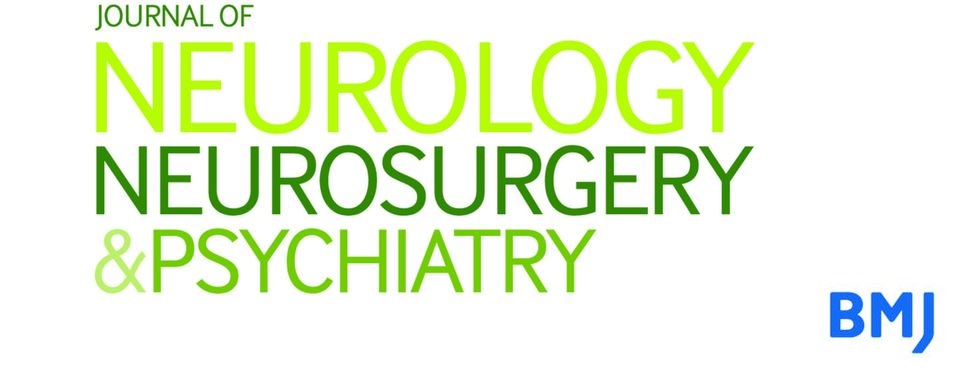Journal of neurology, neurosurgery, and psychiatry
2021 Jan 5;jnnp-2020-324396 doi: 10.1136/jnnp-2020-324396. Online ahead of print.
Objective: To evaluate the effect of erenumab on patient-reported, functional outcomes in patients with episodic migraine (EM) in whom 2-4 preventives were not useful from the Phase 3b LIBERTY study.
Methods: As previously reported, 246 patients with EM with 2-4 prior failed preventives were randomised 1:1 to subcutaneous erenumab 140 mg or placebo every 4 weeks for 12 weeks. This analysis evaluated Migraine Physical Function Impact Diary (MPFID), Headache Impact Test (HIT-6) and Work Productivity and Activity Impairment (WPAI) scores at Week 12. P values were nominal without multiplicity adjustment.
Results: Erenumab significantly improved MPFID-Physical Impairment (PI) and Everyday Activities (EA) scores versus placebo (treatment difference (TD) (95% CI) MPFID-PI: -3.5 (-5.7 to -1.2) (p=0.003); MPFID-EA: -3.9 (-6.1 to -1.7)) (p<0.001) at 12 weeks. Patients on erenumab were more likely to have a ≥5-point reduction in MPFID score (OR vs placebo (95% CI) MPFID-EA: 2.1 (1.2 to 3.6); MPFID-PI: 2.5 (1.4 to 4.5)). A similar trend was observed for HIT-6 (TD: -3.0; p<0.001); significantly higher proportions of patients on erenumab reported a ≥5-point reduction (OR (95% CI): 2.4 (1.4 to 4.1)). In three out of four WPAI domains, erenumab showed improvement versus placebo.
Conclusion: At 12 weeks, erenumab was efficacious on functional outcomes in patients with EM in whom 2-4 preventives were not useful.
Trial registration details: ClinicalTrials.gov identifier: NCT03096834.
© Author(s) (or their employer(s)) 2021. No commercial re-use. See rights and permissions. Published by BMJ.
- PMID: 33402419
- DOI: 10.1136/jnnp-2020-324396

